Deferred Action for Childhood Arrivals
The DACA Executive Order
Living with uncertain immigration status can create a lot of anxiety. In 2014, President Obama issued an executive order directly affecting the lives of the millions of undocumented immigrants living in the United States. The order itself has two main components:
- It offers a legal reprieve for undocumented parents of U.S. citizens and permanent residents, as long as they can prove they have lived in the U.S. for at least five years. This means protection from deportation and in some cases, the ability to apply for work permits.
- The Deferred Action for Childhood Arrivals (DACA) of 2012 allows for undocumented people brought here as children to apply for deportation deferrals. This executive order expands the application process to include people over the age of 30 and more recent arrivals. The 2012 DACA required an applicant to be in the U.S since 2007. The new order will bring it up to 2010.
The protection of the order cannot be applied to parents of young immigrants already in the DACA program. It also does not extend visa programs for migrant workers or expand the H1-B visa program for highly skilled foreign workers.
What Are the Eligibility Requirements for DACA?
The original requirements were as follows:
- If the person was under 31 as of June 15, 2012
- If the person came to the United States before the age of 16
- If you have resided in the United States since June 15, 2007
- If you were present in the U.S. at the time as making your request for consideration to the United States Citizenship and Immigration Services
- Had no lawful status on June 15, 2012
- If you are enrolled in school or have a certificate of completion from high school, earned a GED, or an honorably discharged veteran of the Armed Forces of the United States
- Have not been convicted of a felony, significant misdemeanor, or do not otherwise pose a threat to national security.
Important Changes in the Executive Action You Might Need To Know
As most people might remember, the DACA program made headlines when it was first implemented and a few years ago when it was up for renewal and discussion within the incoming administration. If you were previously granted DACA status and it expired on or after Sept 5, 2016, you may still file as a renewal request. If it expired before that date, you may not be able to request DACA as a renewal. Deferred action is considered discretionary, which means that it is liable to be denied.
If you have questions regarding your DACA status, contact an experienced immigration lawyer in El Paso who knows all the recent changes and how to navigate the system.
How Can Cynthia R. Lopez Help DACA Recipients?
Just like any other immigration process, DACA requires a detailed process, which involves lengthy paperwork and applications. It is important to make sure your paperwork is following proper directions and everything that is needed is in place. Attorney Cynthia R. Lopez will help ensure that everything is in order and that you are receiving up to date information.
Our professional legal staff is there to make sure we are fighting for your case every step of the way!
Contact El Paso’s Trusted Immigration Lawyer
If you are living with the uncertainty about your DACA status or you think you are eligible for renewal, please give us a call today. You may also come by our offices or give us a call at 915-996-9070.
Cynthia R. Lopez cares about your case and wants to help you achieve peace of mind about your immigration status.



